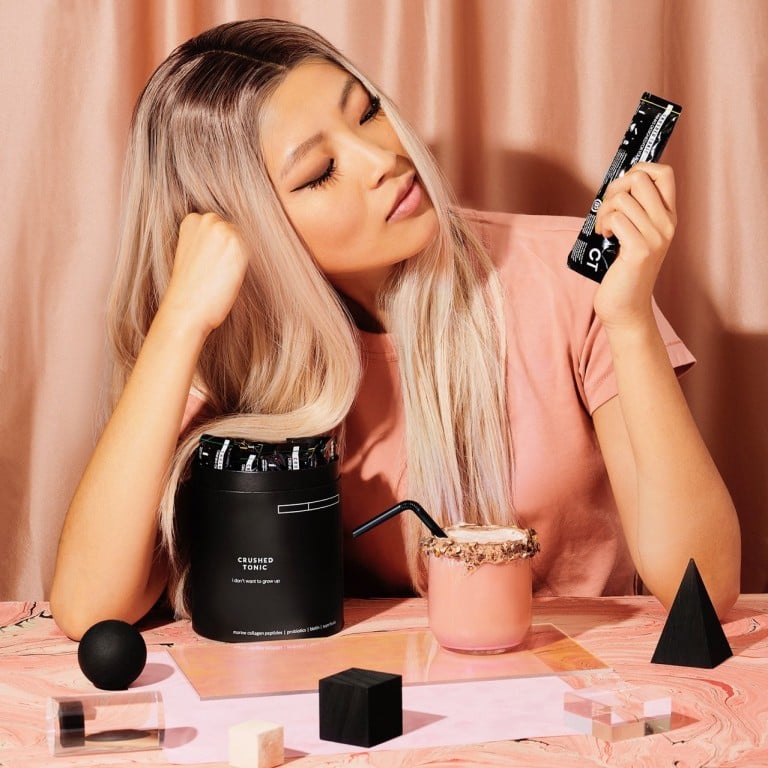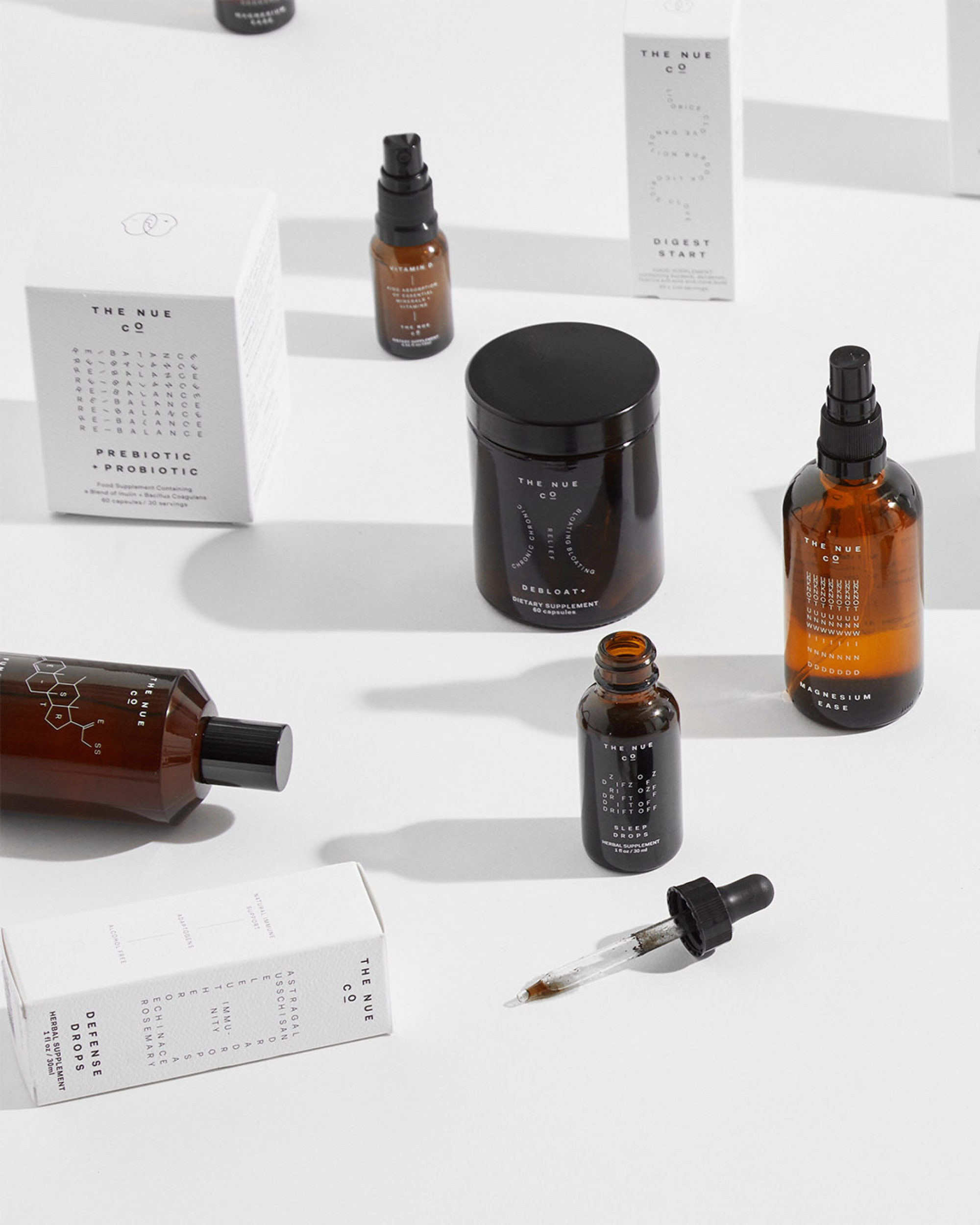Explainer / What’s better – topical or ingestible skincare? From collagen supplements and retinol capsules, to toners, sera and moisturisers, both methods have proven their efficacy in maintaining a flawless glow


But do they really work? While there is some scientific evidence to support the claims of certain ingestibles, such as collagen and probiotics, it’s important to note that while they can for sure lead to better skin, they aren’t a magical solution to all skin problems.

On one side, topical formulas act like a vehicle that delivers ingredients directly to the skin. Different products are like different modes of transport, and what works best for you varies depending on your skin type and particular concerns. For example, toners and sera have smaller molecular structures that allow them to penetrate the skin more effectively, while moisturisers are meant for skin layers closer to the surface. However, many factors affect how effective a product is, like where you use it on the body and the health of your skin barrier.
6 new beauty launches in May 2023, from an Aesop trio to a Cary eye cream

On the other hand, beauty supplements work from the inside out, meaning they aim to work on a cellular level by being absorbed into the bloodstream, thus providing more holistic skincare benefits compared to just surface changes.

When you ingest collagen peptides – which can be derived from animal or plant-based sources like marine collagen and pea protein – they’re already broken down for easy digestion. Your body needs to do less work, and over 90 per cent of the peptides are absorbed into the bloodstream within an hour or so, boosting collagen production and improving skin texture and hydration.

In that sense, collagen can be a game changer for your skin when ingested. Topical collagen treatments tend to be formulated with peptides that are too big to be absorbed through the skin, the reason why drinking it or eating it may be a better way of getting its benefits. However, that’s not the case for all nutrients.
How mushroom skincare can boost your beauty routine, from chaga to shiitake

Vitamin C, for example, works best when applied topically. When you use a vitamin C serum or cream, you’ll get potent antioxidant benefits, reducing pigmentation and stimulating collagen production. You can eat as much of it as you want on a well-balanced diet, but topical application can work wonders on your skin.
So, what’s the best approach? “I recommend them as a booster, especially to people struggling with balancing their healthy lifestyle practices,” says Negishi. As always, it’s all about figuring out what your skin needs and tailoring your routine accordingly.

- Ingestible skincare supplements are part of many beauty routines today, with people turning to collagen supplements and retinol capsules to truly glow from the inside out
- Toners and sera have long been hailed for their effective and immediate penetration of the skin, while moisturisers provide a flawless application of the surface – so which method is better?